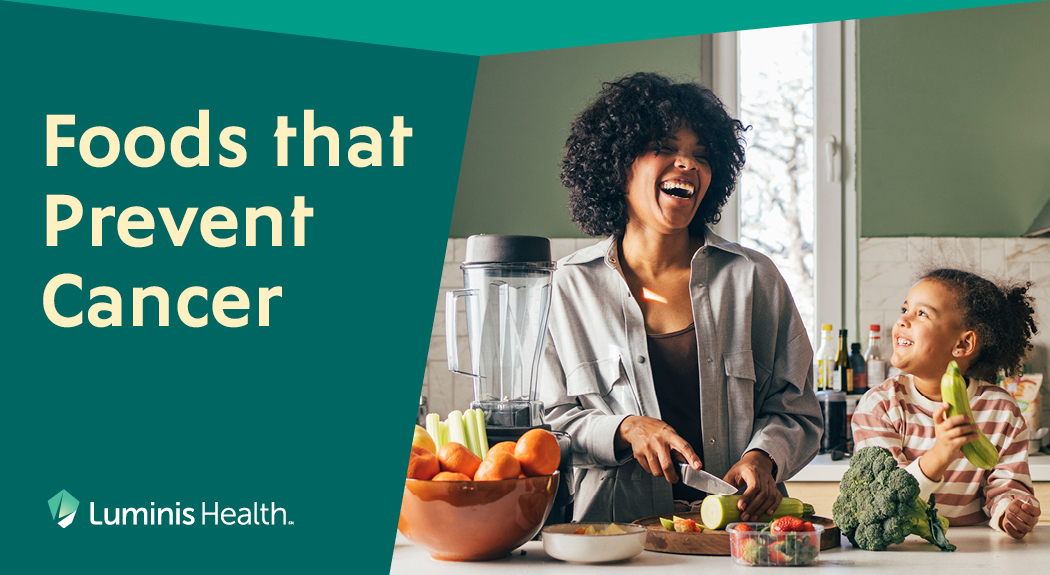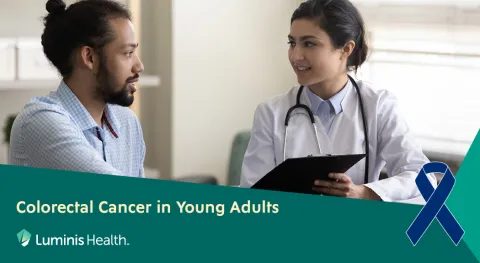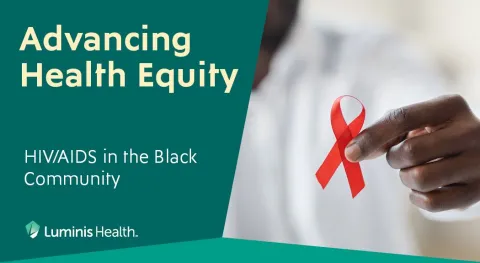
The saying “you are what you eat” is more than just a catchphrase, it holds the key to potentially lowering your risk of cancer. According to the World Health Organization, adopting a healthy lifestyle, which includes maintaining an ideal body weight and eating a nourishing diet, can significantly reduce the likelihood of developing cancer. But how can you achieve this? Here are things to include in your diet and what to avoid.
Foods to add to your diet
1. Beans
Beans and other legumes can give you fiber, which helps your gut and immune health—and can help prevent colorectal cancer. While all beans are beneficial, lentils offer the best protection.
2. Berries
Berries like strawberries, blueberries and cranberries are full of antioxidants like vitamin C, and compounds called cyanidins, which protect your cells from stress and inflammation that could lead to cancer.
3. Broccoli
Broccoli and other cruciferous foods like cauliflower, cabbage and kale have special plant compounds that help cells remove toxins and protect themselves. Studies show that eating these vegetables four or five times a week can reduce your risk of colorectal, prostate, bladder and breast cancer.
4. Nuts
Studies have shown that tree nuts can help you prevent cancers in the digestive system. Common tree nuts, such as pecans, walnuts and almonds, have high levels of plant compounds called ellagitannins that can help gut bacteria stop cancer from growing. It’s best to choose unsalted and unsweetened nuts. If you don’t like them raw, mix the nuts into steamed vegetables, stir-fry, or salads.
5. Tomatoes
Tomatoes are full of an antioxidant called lycopene, which may fight prostate cancer, according to many studies over the years. Other studies say that tomatoes (and tomato products such as tomato sauce) can lower your risk for breast, lung and colorectal cancer.
Foods to avoid
1. Alcohol
Alcohol, including beer, wine and spirits, causes tissue damage which can lead to changes in cells and increase your risk for cancer. If you don’t want to avoid alcohol entirely, try limiting yourself to one drink per day if you’re a woman, and two drinks per day if you’re a man.
2. Food and drinks with added sugar
Candy, cookies and soda can lead to obesity, which in turn can increase your risk for cancer. Experts suggest you limit the amount of food and drinks in your diet that have added sugar. While diet sodas have no sugar and fewer calories, they lack essential nutrients found in water.
3. Fried foods
When starchy foods are cooked at high temperatures (such as during the process of frying), they form a compound called acrylamide. Some studies have shown that acrylamide can damage cells, leading to a higher risk of cancer. Fried foods can also lead to obesity, which increases your risk for cancer. Air frying is a healthier alternative to than frying in traditional oil. It reduces calories by as much as 80% and significantly decreases fat content.
4. Processed meats
This category includes most of the meats behind the deli counter, as well as hot dogs, ham, sausage, and anything sold in a pre-packaged container. These meats are often preserved using nitrates and nitrates, which increase your risk for colorectal and stomach cancers.
5. Red meats
Researchers have found that consuming red meats such as beef, pork and lamb can increase your risk for colorectal cancer. Dietitians recommend eating less than 18 ounces of red meat each week.
Balance is Key
When it comes to healthy eating, it’s important to remember that finding a balance is essential to your overall success. Adding these cancer-fighting foods — and avoiding cancer-causing ones — as often as you’re able, can help you manage your risks. But making big, sweeping changes to your diet can sometimes be counterproductive. Be sure to start with small changes you know you can maintain.
Finally, ongoing conversations with your primary care provider can help you better understand your personal cancer risk, and help you navigate any needed changes. To manage your overall wellness as well as cancer risks, schedule a visit with a primary care provider at Luminis Health Primary Care.



